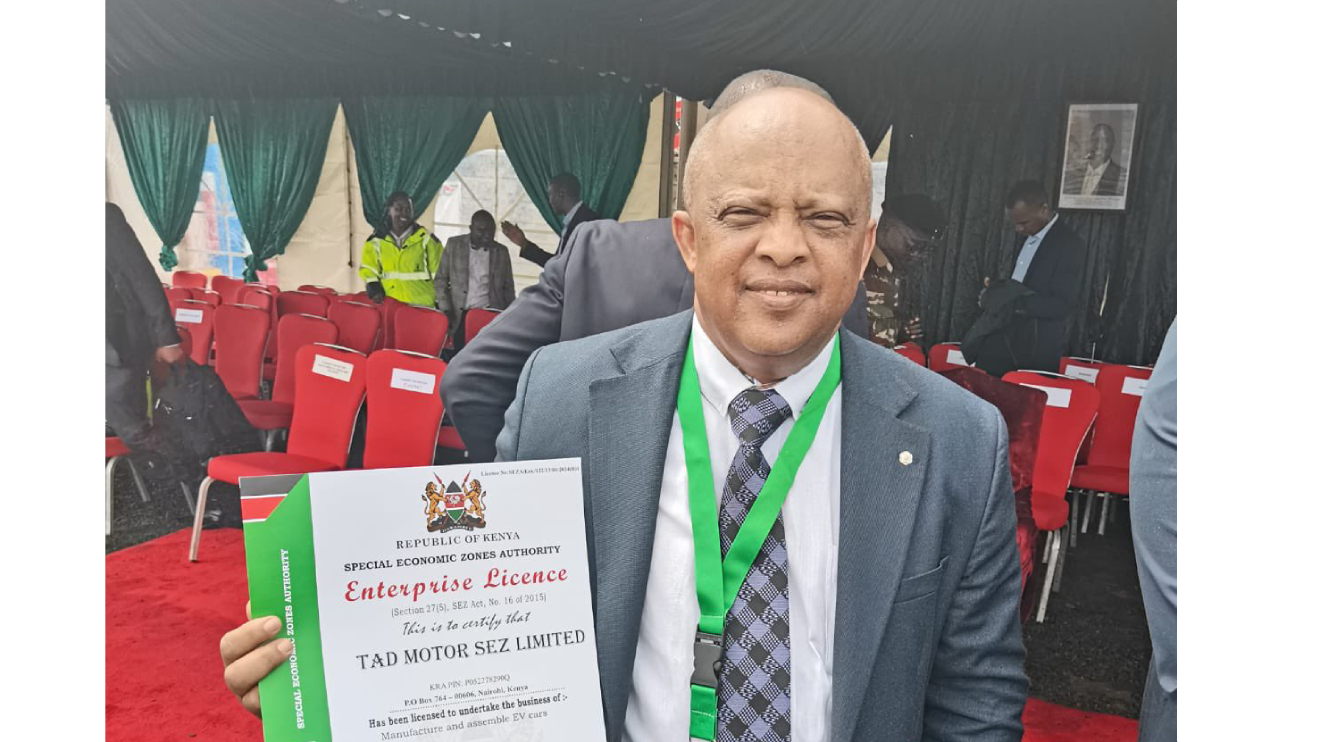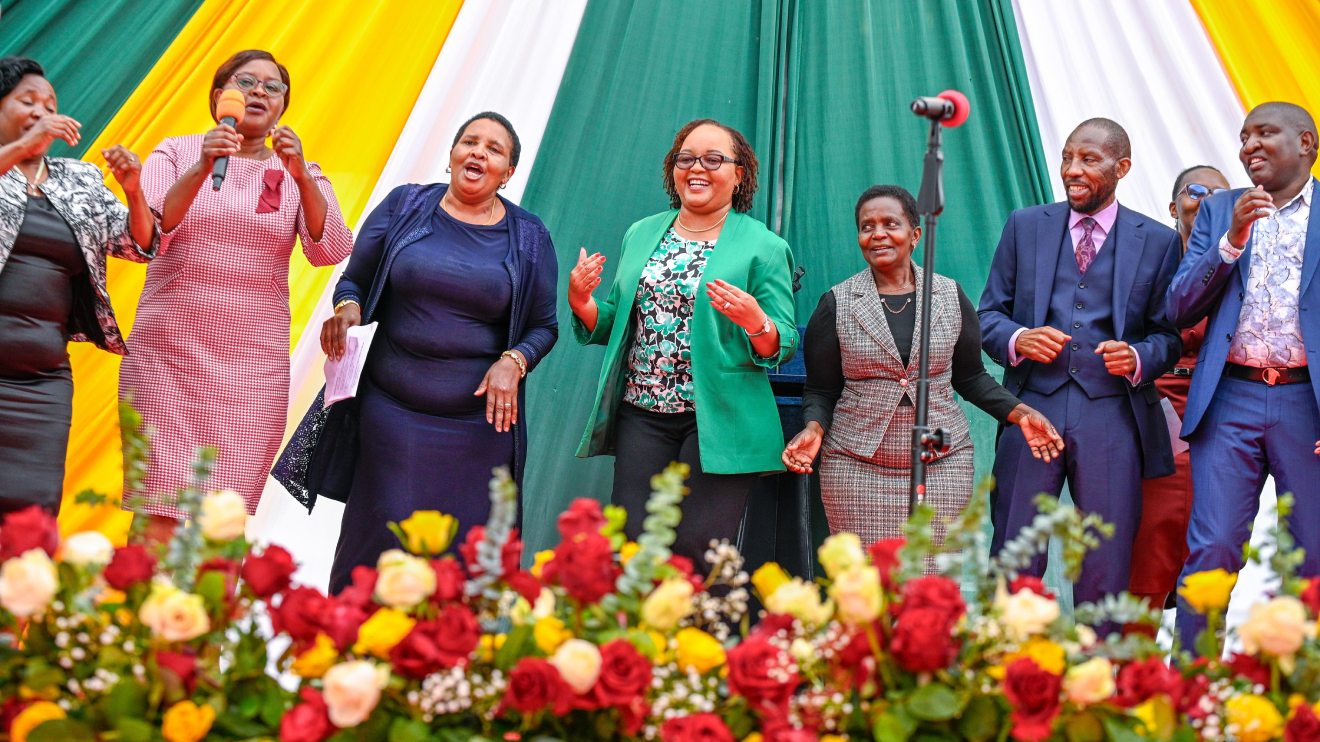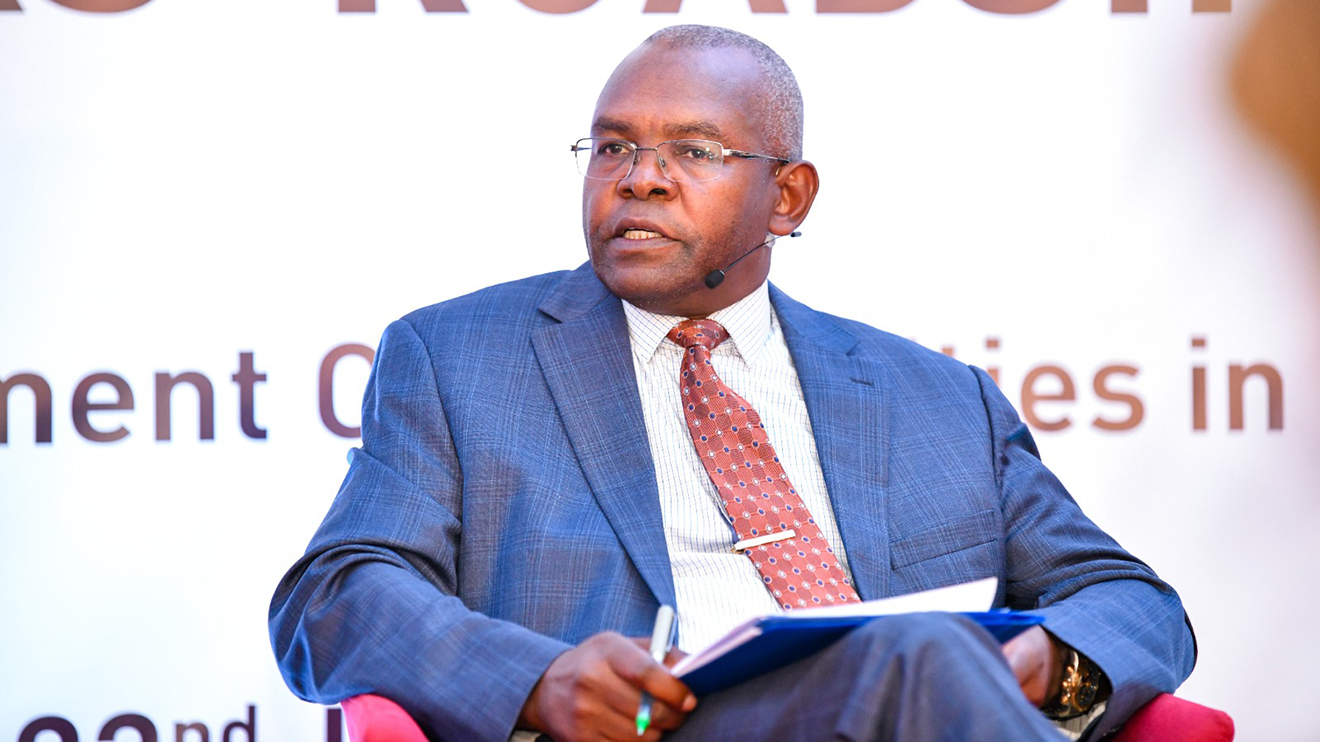Kenyans, especially those who come from low-income households, should brace for higher electricity bills from April if the Energy and Petroleum Regulatory Authority (EPRA) approves the new tariffs Kenya Power intention to increase.
The company also seeks to withdraw the monthly subsidies.
Kenya Power stated it is in talks with the EPRA about raising electricity prices, for the first time since 2018.
The company submitted a tariff review application to EPRA in October 2022 for higher charge tariffs that will be in effect for the next three years.
Kenya Power argued that the increase would help it achieve its broad mandate.
Read More
“In order to achieve this broad mandate, there is a need for an electricity retail tariff that is just and reasonable to allow Kenya Power Company to maintain its financial integrity, attract capital, operate efficiently and compensate investors for risks assumed,” KPLC said.
“The rationale of this retail tariff review is to incorporate change in electricity sub-sector cost structure and update key assumption with an aim of providing adequate sector revenue requirements.”
Apart from increasing the base tariff, Kenya Power has also cut the threshold for accessing monthly power subsidies from 100 kilowatt hours to the proposed 30 units, which is an equivalent of 24.1 per cent.
Regarding that, EPRA has scheduled public participation in Kenya Power’s proposed tariff, which will see the introduction of a Sh14 per kilowatt hour tariff for their customers who consume less than 30 units of power per month.
Likewise, Kenya Power also proposed the introduction of a Sh21.68 per kilowatt hour tariff for their customers who consume over 30 units per month.
Currently, consumers who use less than 100 units per month pay Sh10 per kilowatt hour, while those who consume over 30 units per month pay Sh15.8 per unit.
If the proposed tariff increase is adopted, then it will cause a significant increase in electricity prices, as shown in the table below:








-1756319289.jpg)




